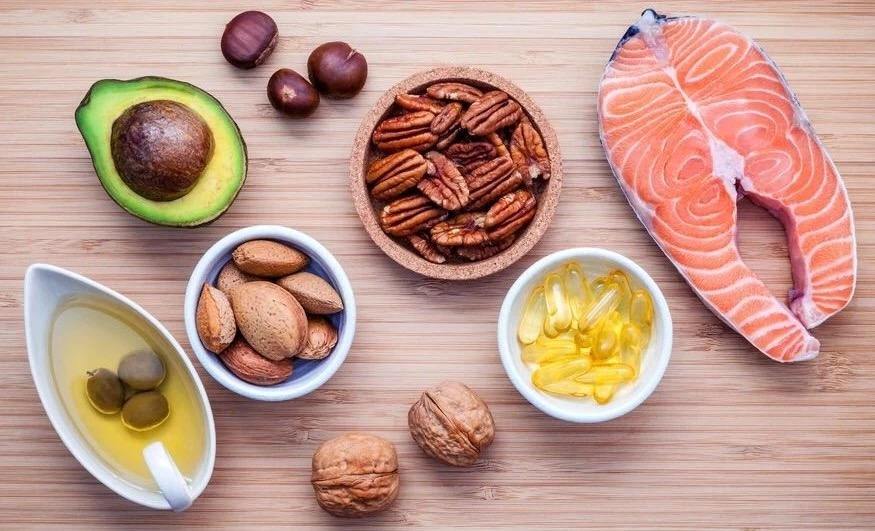Since I was pregnant, I heard that every mother has to give it a try if she can make her smarter.
DHA, as [brain gold], is a hot topic.
Pregnant, how can eat to give birth to smarter babies?
It is said that eating more fish can supplement DHA and eat what fish.
I don’t like fish. I eat very little fish. What should I do?
Mothers who consult nutritionists will basically ask DHA. However, mothers often ask such a series of questions before nutritionists can speak.
From this, we can feel the pregnant mothers’ full expectation of giving birth to a smart baby, and we can also see the real perplexity of the pregnant mothers.
Today, we will explain to you the key issues related to DHA ~
Do pregnant women need DHA supplements?
Yes. DHA is the fatty acid with the highest content in brain, nerve tissue and retina. It has certain promoting effect on the health of baby’s nerve, vision and immune system.
< < Expert Consensus on DHA Supplementation for Pregnant Women and Infants in China > > > It shows that DHA supplementation during pregnancy can reduce the risk of early premature delivery and moderately promote fetal growth. [1]

Some studies have also found that compared with DHA intake < 160 mg/d, pregnant women and lactating mothers’ DHA intake > 160 mg/d can significantly improve the early motor and visual function development level of infants. [2]
Therefore, if you want to have a [bright brain and bright eyes] baby, you have to supplement DHA from pregnancy.
The European Food Safety Administration (EFSA) recommends that pregnant women and lactating mothers should supplement DHA + EPA 250 mg per day in addition to 100 mg to 200 mg of DHA in addition to the same daily as ordinary people [3]
Which foods are rich in DHA?
DHA supplement, priority is given to food supplement.
When it comes to DHA-rich foods, it is aquatic products. Fish and seafood not only contain DHA, but also provide high-quality micronutrients such as protein, iron and zinc.
Common yellow croaker, perch, cod, flounder, salmon, sardines and scallops are all good choices.
Steaming or stewing is a healthier way to eat ~ pregnant mothers can eat about 110g 2-3 times a week.

It is worth noting that sailfish, marlin, mackerel, square head fish and big-eyed snapper have high mercury content and are easy to damage fetal brain, nervous system and kidney. Pregnant women are not recommended to eat them. [4]
Although these fish are not common, you should be careful when going out to eat out.
However, some expectant mothers do not like to eat fish, and some pregnant mothers have serious pregnancy reactions during most of their pregnancy and cannot eat fish. In this case, food supplements are difficult to meet the demand and DHA may be lacking.
A dietary survey of 451 pregnant women in Guangzhou published in 2014 showed that the average daily DHA intake of pregnant women was only 0.65 ~ 19.31 mg [5], which was far lower than the recommended DHA intake during pregnancy. Therefore, it is not difficult to infer that the DHA intake of pregnant women in inland areas is not optimistic either.

In order to supplement DHA, expectant mothers must adjust their dietary structure and increase the intake of DHA-rich aquatic products.
